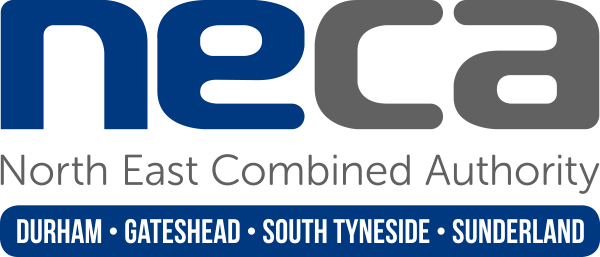Delivering Improvements Together Background Outside London, the responsibility for developing and improving public transport in some of the main urban areas in England and Scotland belongs to seven Passenger Transport Authorities (PTAs). These cover Greater Manchester, Merseyside, South Yorkshire, Strathclyde, Tyne and Wear, West Midlands and West Yorkshire. Between them they account for over 13 million people. The PTAs working with the Passenger Transport Executives (PTEs) are the driving force behind the development of the public transport networks in the regions they serve. In some cases PTEs run their own public transport services, such as the Tyne and Wear Metro, Glasgow Subway and some ferry services. However, most public transport in PTE areas is owned and operated by private commercial companies. pteg mission and focus The mission of the PTA/Es is to constantly improve people’s experience of public transport. In this endeavour we work collaboratively to share knowledge and ideas. The umbrella organisation that brings all the PTEs together is pteg, which seeks to ensure that the seven PTEs work cohesively by sharing good practice and pooling resources to ensure best value when addressing issues of common concern. In 2003 pteg established a Support Unit based in Leeds to focus the activities of pteg. An annual business plan sets out pteg’s priorities and presents clearly defined targets. pteg shares good practice through specialist sub-groups, which draw on expertise from across the network of PTEs. It also publishes good practice guides, and promotes the discussion of policy issues relevant to PTEs. pteg and bus patronage One third of all bus trips in the UK take place within the PTEs. This is the most important mode of travel for many residents in PTE areas. PTEs have invested heavily in improvements to bus interchanges, shelters and stops and in providing impartial information about services including printed materials, call centres and internet based journey-planners. PTEs also support non-commercial services, administer and fund concessionary fares schemes and, along with District partners, promote and implement bus priority schemes. PTEs also work closely with operators on major bus initiatives like Yorkshire Bus in West and South Yorkshire, Superoutes in Tyne and Wear and Quality Bus Corridors in Greater Manchester. pteg and rail based initiatives On heavy rail pteg has coordinated PTE input into the Northern Trains franchise, the Railways Bill, ORR and SRA consultations and a major NAO investigation into station standards. On light rail, pteg, is a key player in UK Tram – a new coalition of light rail promoters and the light rail industry that is addressing key areas for cost reduction on new light rail schemes. These include the potential for greater standardization, reducing the cost of utility diversions; more cost effective procurement and financing arrangements. This is in line with recommendations from recent reports from the NAO, and House of Commons’ Transport and Public Accounts Committees. pteg also produced the report ‘what light rail can do for cities’ – analyzing the seven operational UK light rail and modern tram schemes. The report addresses one of the recommendations of the recent NAO report that there should be a clearer picture of the benefits of new light rail schemes. pteg and social inclusion Last year pteg produced a good practice guide on transport and social inclusion – to enable better knowledge sharing between the PTEs in this key area. The report was well received and was endorsed by the then Minister for Social inclusion, Lord Jeff Rooker.
